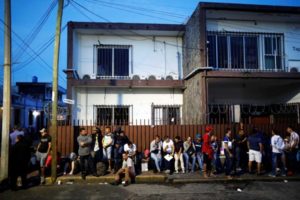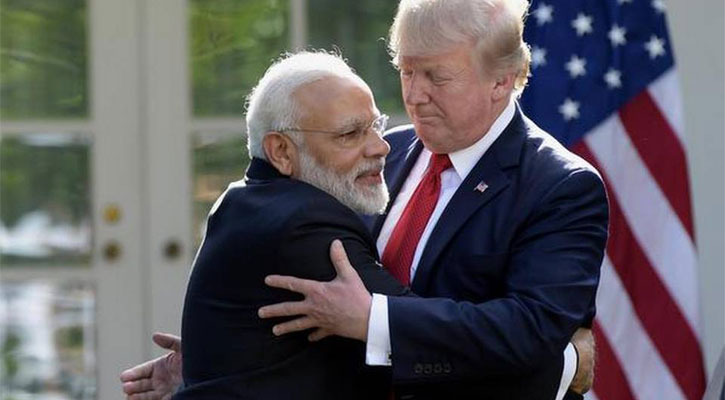The head of the Myanmar military is set to meet international leaders on his first known foreign trip since the army took power in a coup on 1 February.
General Min Aung Hlaing is to attend a summit of the South East Asian regional body Asean in Indonesia.
The military seized power after claiming there had been voter fraud in the 2020 general election.
Since then, more than 700 people have been killed in protests against the military government.
The talks in the Indonesian capital Jakarta will be the first international effort to address the crisis. Leaders and foreign ministers from the 10-member Association of South East Asian Nations (Asean) will take part.
Activists have called for demonstrations in Jakarta to coincide with the general’s appearance there.
‘Clear splits over taking action or not’
Bill Hayton, Associate Fellow, Asia-Pacific Programme at Chatham House
Despite the risk of massive refugee flows or even civil war, the 10 members of Asean have been divided over whether to even hold a meeting. There are clear signs of splits between governments that want to take action and those that don’t.
Asean appears divided along geographical lines, with the “mainland” countries – those physically closest to China – more opposed to intervention in Myanmar, while the “maritime” countries – those furthest from China – are more in favour of taking action.
Among the latter group, it is host Indonesia that has been pushing hardest for a collective response to the crisis.
But persuading the other nine countries to take a unified stance will be just as much a challenge as persuading the Myanmar junta to de-escalate the crisis.
While the bloc prides itself on its ability to persuade rather than coerce, that ability is much weaker if the organisation is not united.
Thailand’s prime minister as well as the president of the Philippines have said they would only send their foreign ministers.
The bloc’s other members include Malaysia, Singapore, Vietnam, Brunei, Cambodia, host Indonesia and Myanmar itself.
There have been calls for Myanmar, also known as Burma, to be expelled from Asean but the members historically do not get involved in each other’s internal affairs.
The United Nation’s Secretary-General António Guterres has called for the Asean summit to resolve the crisis and prevent “possible grave humanitarian implications beyond Myanmar’s borders,” UN spokesman Stephane Dujarric said.
The UN special envoy for Myanmar, Christine Schraner Burgener, will be in Jakarta for meetings on the sidelines of the summit.
Mass protests have been taking place across Myanmar since the military seized control and declared a year-long state of emergency.
The armed forces claim there had been widespread fraud during a general election late last year which had returned elected leader Aung San Suu Kyi and her National League for Democracy party (NLD) to power.
The military promised instead that it would hold “free and fair” elections once the state of emergency is over.
In the past few weeks, the military has been increasing its use of force against protesters – with one incident earlier this month in the city of Bago seeing more than 80 people killed.
Witnesses told local media that soldiers had used heavy weapons and had shot at anything that moved.





















